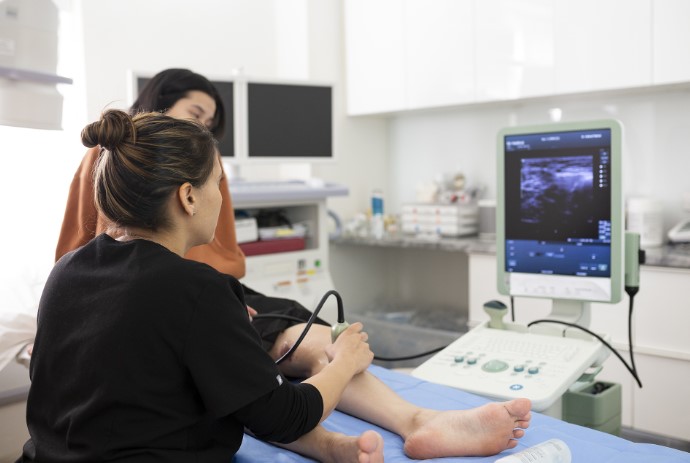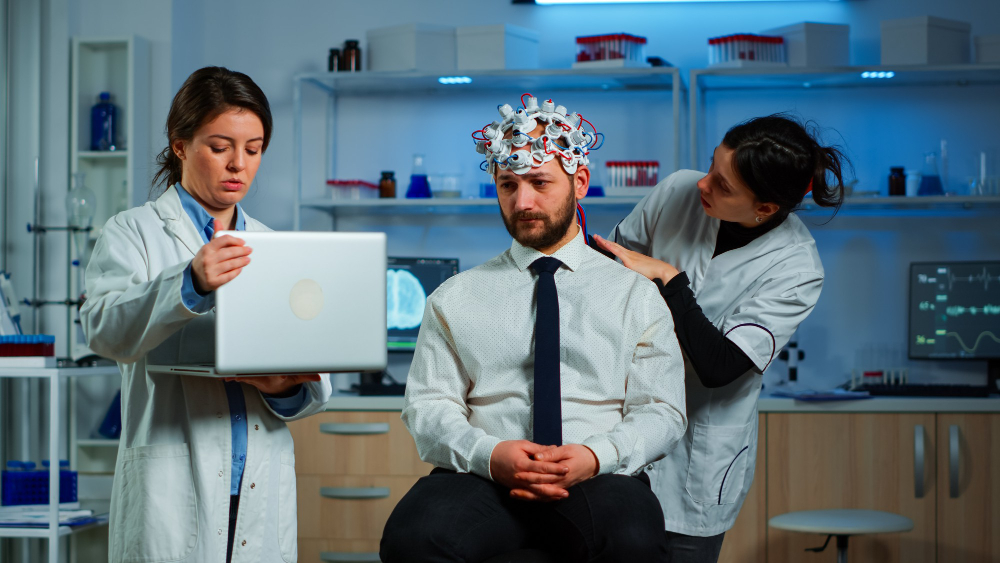When it comes to vein health, many people are unsure about who to consult. You might be wondering, “What is a vein specialist called?” Understanding the role of these medical professionals can help you make informed decisions about your health. This article explores the types of specialists who treat vein issues, their qualifications, and how they can assist you in maintaining optimal vein health.
What Are the Common Vein Issues Treated by Specialists?
Vein specialists deal with various conditions affecting the veins, particularly in the legs. Some common vein issues include:
Varicose Veins
Varicose veins are enlarged, swollen veins that often appear twisted and bulging. They occur when veins become damaged, preventing blood from flowing properly. Symptoms may include aching, swelling, and a feeling of heaviness in the legs. While varicose veins are typically not serious, they can lead to complications if left untreated.
Spider Veins
Spider veins are smaller, red, blue, or purple veins that often resemble spider webs. They usually appear on the legs and face and can be caused by various factors, including hormonal changes, sun exposure, and genetic predisposition. While they may not cause physical discomfort, many individuals seek treatment for cosmetic reasons.
Chronic Venous Insufficiency (CVI)
CVI is a condition where the veins cannot pump enough blood back to the heart, leading to swelling, pain, and skin changes. It often results from damaged valves within the veins. Early diagnosis and treatment are crucial to prevent complications, such as ulcers or blood clots.
Who Are the Specialists in Vein Health?
Now that we’ve outlined some common vein issues, let’s delve into the professionals who treat them. So, what is a vein specialist called? Here are the primary types of specialists you might encounter:
Phlebologist
A phlebologist is a medical doctor who specializes in diagnosing and treating vein disorders. Phlebologists often focus on conditions such as varicose veins and spider veins. They may use various treatment modalities, including sclerotherapy, laser therapy, and endovenous laser treatment (EVLT).
Phlebologists typically complete medical school followed by a residency in a relevant field, such as dermatology, vascular surgery, or internal medicine. They may also pursue additional training or certification specifically in vein care. This specialization equips them with the knowledge and skills needed to effectively manage venous conditions.
Vascular Surgeon
A vascular surgeon is another type of specialist you might consider for vein issues. Vascular surgeons are trained to treat diseases of the vascular system, which includes arteries and veins. They perform surgical procedures and minimally invasive techniques to treat various conditions, including varicose veins, deep vein thrombosis (DVT), and aneurysms.
These surgeons undergo extensive training, typically completing a residency in general surgery followed by a fellowship in vascular surgery. Their expertise allows them to handle more complex cases and surgical interventions when necessary.
Interventional Radiologist
An interventional radiologist is a physician who uses imaging techniques to perform minimally invasive procedures. They often treat vein disorders through techniques such as catheter-directed sclerotherapy and endovenous laser ablation. Interventional radiologists are skilled in interpreting diagnostic imaging and using it to guide their interventions.
Like other specialists, interventional radiologists complete medical school, followed by a residency in radiology and further training in interventional procedures. Their specialized training allows them to provide effective treatments while minimizing recovery times and complications.
How to Choose the Right Vein Specialist for You?
Choosing the right vein specialist is crucial for effective treatment. Here are some tips to help you make an informed decision:
Check Qualifications and Experience
Start by researching the qualifications and experience of potential specialists. Look for board-certified professionals with expertise in vein care. Check their educational background, training, and years of experience treating vein disorders.
Read Reviews and Testimonials
Patient reviews and testimonials can provide insight into a specialist’s practice. Look for feedback regarding the quality of care, the effectiveness of treatments, and the overall patient experience. Online platforms and healthcare review websites can be valuable resources.
Schedule a Consultation
Once you have narrowed down your options, schedule a consultation with a few specialists. This meeting will give you a chance to discuss your symptoms, ask questions, and assess the physician’s approach. Pay attention to how comfortable you feel during the consultation and whether your concerns are addressed.
Inquire About Treatment Options
During your consultation, inquire about the treatment options available for your specific condition. A good vein specialist should be able to explain various treatment modalities, their benefits, and potential risks. This will help you make an informed decision about your care.
What to Expect During Your Appointment with a Vein Specialist?
Understanding what to expect during your appointment can help alleviate any anxiety you may have. Here’s what generally happens during a visit to a vein specialist:
Medical History Review
Your specialist will start by taking a thorough medical history. This will include questions about your symptoms, family history of vein disorders, and any previous treatments you may have undergone. Being prepared with this information can help facilitate the process.
Physical Examination
Following the medical history, the specialist will perform a physical examination of your legs and affected areas. They may assess the appearance of your veins and check for swelling or other signs of vein-related conditions.
Diagnostic Tests
In some cases, the specialist may recommend diagnostic tests to further evaluate your condition. Common tests include ultrasound imaging to assess blood flow and vein function. These non-invasive tests help the specialist determine the best course of treatment.
Treatment Recommendations
After the evaluation, your vein specialist will discuss the findings and recommend appropriate treatment options. They will explain the procedures involved, expected outcomes, and recovery times. It’s essential to ask questions and clarify any doubts you may have before proceeding.
Conclusion
Understanding what a vein specialist is called and the various types of professionals available can significantly impact your vein health journey. Whether you consult a phlebologist, vascular surgeon, or interventional radiologist, having the right specialist can lead to effective treatment for vein disorders.
If you’re experiencing symptoms of vein issues, don’t hesitate to seek help. Early intervention can prevent complications and improve your quality of life. By knowing what to expect and how to choose the right specialist, you can take proactive steps toward better vein health.




